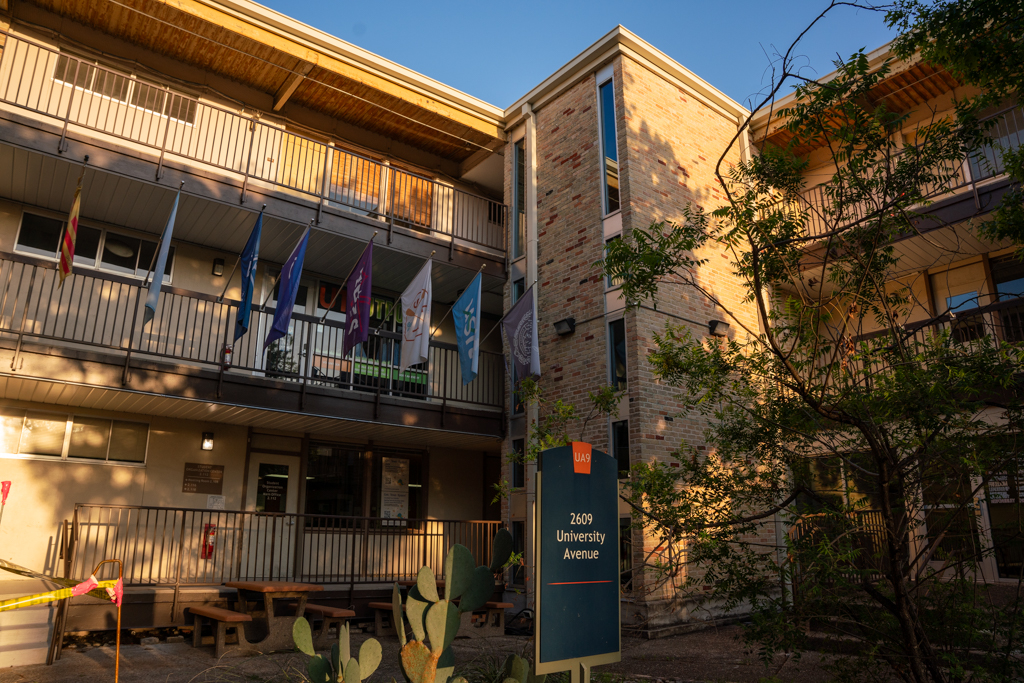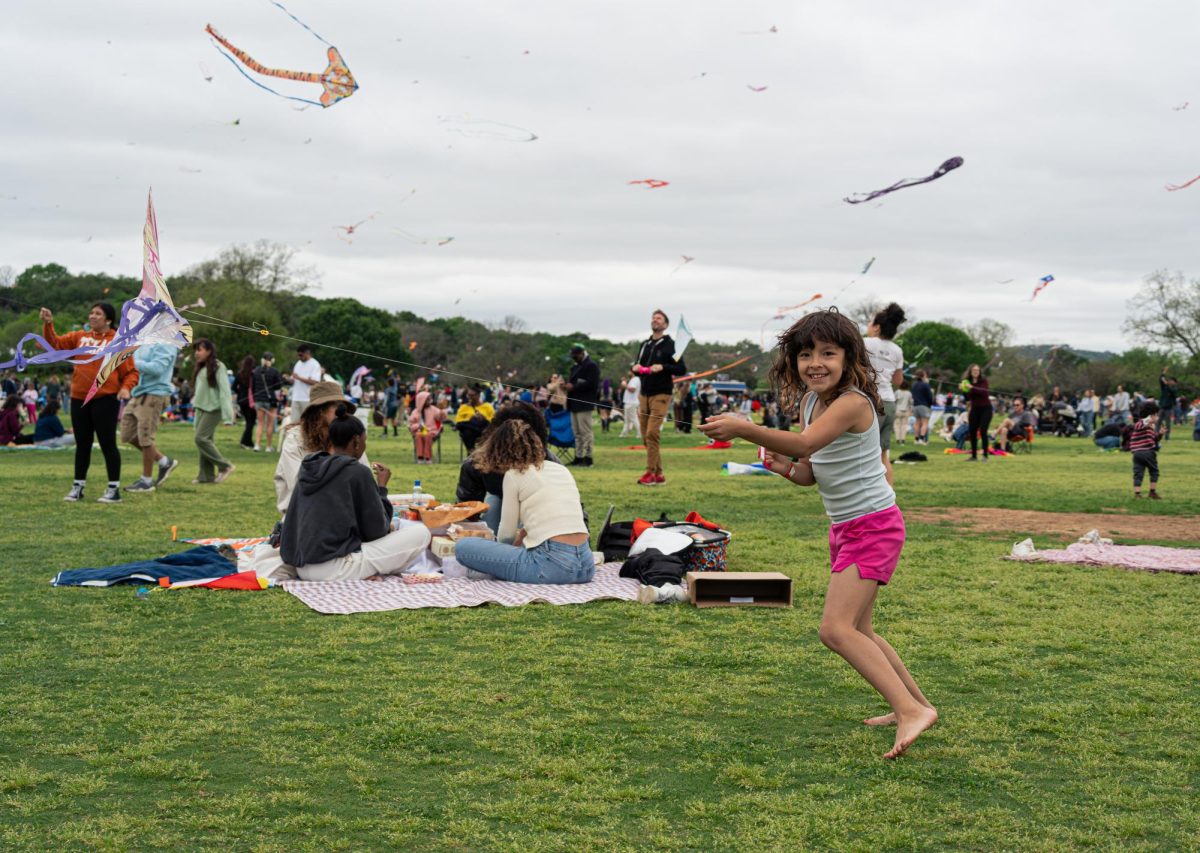Tuesday marked day two of volunteers fanning out across the community to survey and identify the city’s most medically vulnerable homeless as part of Austin Registry Week.
Austin’s 100 Homes Campaign, led by the Ending Community Homelessness Coalition, is sponsoring Registry Week, Nov. 7-9, in order to create a database identifying the most vulnerable homeless people in Austin, said Cal Streeter, who sits on ECHO’s board of directors.
The information collected will be used for the 100 Homes Campaign’s commitment to providing permanent housing for 100 homeless people by July 2013, Streeter said.
He said the campaign is part of a larger national effort, the 100,000 Homes Campaign, which recruits communities across the United States to join efforts in creating permanent homes for 100,000 people over the next four years.
“I think about homelessness as a community problem that sits at the vortex of where a number of community problems converge [such as] affordable housing, unemployment, access to affordable health care, family violence, mental health problems and substance abuse and addictions,” Streeter said.
Streeter, a social work professor, said he encourages students to be aware of volunteer opportunities and to help out whenever they can. He said the students in his Strategic Partnerships Through Collaborative Leadership graduate class took on the campaign as a class project and participated in the surveys taking place this week.
Volunteers for Registry Week were required to undergo training in order to learn how to respectfully approach the homeless and their homes.
Although unconventional, the campsites where they live are still their homes, and volunteers were taught to treat them as such, said social work graduate student Kayleen Hooley.
“What struck me was one of the gentlemen I was interviewing has been chronically homeless for two to three years, but before that had an apartment, a job, and another was even a college graduate,” said graduate social work student Meghann Flynn.
She said interviewing the homeless is a more valuable task than a head count because people are able to understand the unique situations of why they’re homeless and what can be done to prevent an increase in the number of homeless people in the future.
“I think that everyone deserves some help when they’re down, and to be living on the streets and not have a home to call your own isn’t right,” said Flynn. “I treat these people as though they could be my father or brother. We’re all just here to be happy, to love and live a good life.”
The homeless population is not one most are eager to work with, Flynn said. She said sharing her experiences with her peers is what’s valuable because they can learn a lot about how to work on the streets and talk with the homeless in order to see what life is like from a different perspective.
“When you lose touch with the people that you’re serving, you lose touch with what works best for them,” Flynn said.
Streeter said he hopes a successful 100 Homes Campaign in Austin will help create viable long-term solutions to issues that raise concern in the community.
“What kind of society do we want to live in?” Streeter asked. “Do we want to live in a society where it’s OK for people to live and die on the streets?”
Published on Wednesday, Novermber 9, 2011 as: Organization to house 100 homeless in need of care




















